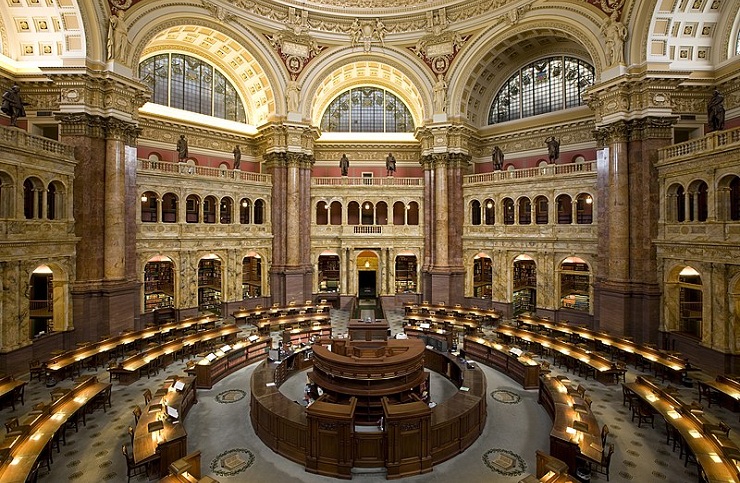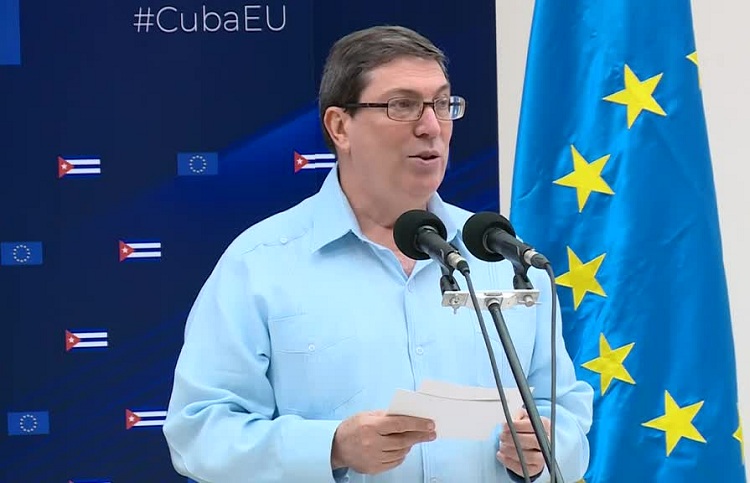The Diplomat
The Board of Patrons of the Fundación Consejo España-Estados Unidos has awarded the Library of Congress the IX Bernardo de Gálvez Award, for its contribution to the safeguarding of the world’s bibliographic and documentary heritage, especially through its Hispanic Division.
A note distributed by the Fundación Consejo España-EEUU highlights the work carried out by the Library of Congress, particularly the Hispanic Division, created in 1939 at the request of the founder of the Hispanic Society of America, New York philanthropist and hispanist Archer M. Huntington, and dedicated to the conservation, research, expansion and dissemination in the United States of Hispanic-Plussian collections.
Librarian of Congress Carla Hayden expressed her appreciation for the distinction, noting: “We are honored to receive this award that recognizes our mission to preserve and expand global knowledge through our extensive collections and programs. The Library of Congress has built the largest collection of human knowledge and is a special place that attracts users from around the world.
Referring to the Hispanic Division, Carla Hayden said that it is intended “to foster a deeper understanding of the history and cultures of Latin America, Spain, Portugal, the Caribbean, and Hispanics in the United States. “This award,” she added, “is testimony to that effort.
The Fundación Consejo España-Estados Unidos plans to hold the award ceremony in the last quarter of the year, on a date yet to be determined, pending the evolution of the health situation.
The award, which has been given since 2007 to recognize the work of those individuals or U.S. institutions that have contributed to improving mutual understanding between the two countries, has been given on previous occasions to former New Mexico governor Bill Richardson; the Hispanic Society of America; professor and art historian Jonathan Brown; former U.S. ambassador to Spain Richard Gardner; Senator Bob Menendez; Ford Motor Company; Senator and 2016 U.S. vice presidential candidate Tim Kaine; and historian and hispanist Stanley G. Payne.
The Library of Congress, established in 1800, is the largest in the world and the oldest federal cultural entity in the United States. It has more than 170 million bibliographic records. The library’s collection includes more than 39 million books and other printed materials in 470 languages, more than 72 million manuscripts, the oldest preserved being a stone tablet dating from 2040 BC, and the largest collection of rare and valuable books in all of North America with more than 700,000 volumes, including one of the three best preserved complete parchment copies of the Gutenberg Bible and the draft Declaration of Independence.
In addition, the Library preserves more than one million U.S. Government publications, one million newspaper issues from around the world from the last three centuries, 500,000 microfilm rolls, 6,000 comic book titles, and the largest collection of legal documents, films, maps, sheet music, telephone directories, sound recordings, songs, prints, and photographic copies in the world.







